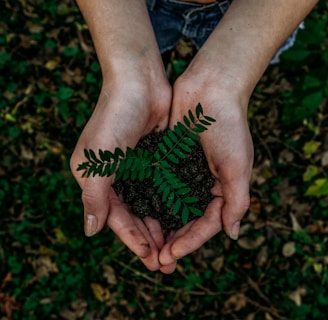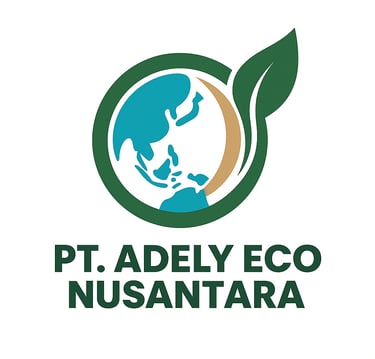Add your promotional text...
Why Sustainability Is Not a Trend, but a Buyer’s Requirement?
Discover why sustainability is no longer a trend in global trade but a requirement for buyers in Europe and the US. Learn how Indonesian exports meet this demand.
Dewi Puspitasari
9/15/20252 min read


For years, “sustainability” was often treated as a buzzword — a nice phrase to include in brochures and marketing campaigns. But today, that’s no longer enough.
Global buyers, particularly in Europe and the United States, are no longer asking:
“Is your product sustainable?”
Instead, they are demanding:
“Show me proof that your supply chain is sustainable.”
In the world of export, sustainability is now a requirement, not a trend.
The rules are changing fast:
Europe: The European Union is enforcing stricter regulations on deforestation-free supply chains. Buyers must ensure that every step of their sourcing complies with environmental standards.
United States: Retailers and consumers are increasingly insisting on eco-friendly, traceable products. Sustainability certifications have become key decision factors.
Certifications like organic, fair trade, and eco-labels are no longer optional — they are minimum requirements for purchase orders. This is not just about branding anymore; it’s about compliance and market access.
Indonesia has a natural advantage in sustainable exports. Products like cocopeat and moringa already offer:
Renewable, eco-friendly raw materials: Sourced directly from plantations and farms that prioritize sustainable practices.
Lower carbon footprint: Compared to synthetic or imported alternatives, Indonesian products naturally reduce environmental impact.
Traceability: Through Certificates of Origin (COO), Phytosanitary Certificates, Fumigation Certificates, and MSDS, buyers can verify every step of the supply chain.
For international buyers, these features are no longer “extras” — they are the baseline expectations.
While many countries struggle to adapt to sustainability demands, Indonesian exporters can naturally position themselves as reliable, eco-conscious suppliers.
Here’s how SMEs can leverage this advantage:
Sustainable sourcing: Highlight how your raw materials come from responsible farms and renewable plantations.
Proper documentation: Make COO, Phytosanitary, MSDS, and other certifications easily accessible.
Storytelling: Share the journey of your products — “From Nusantara to the World” 🌏 — showing both heritage and commitment to sustainability.
By speaking the language buyers now demand, Indonesian exporters can stand out in competitive markets.
Sustainability has evolved from a marketing buzzword to a fundamental buyer requirement. Exporters who embrace sustainability — with proof, compliance, and storytelling — are the ones who will capture attention in Europe and the US.
At Adely Eco Nusantara, we align with this shift. Our cocopeat and moringa products are sustainably sourced, fully certified, and ready to meet the expectations of global buyers.
“From Nusantara to the World — sustainably.”


